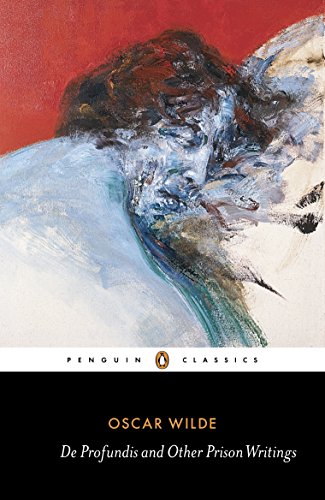


“Her death was terrible to me,” he writes “but I, once a lord of language, have no words with which to express my anguish and my shame” (DP, 27). “But my enemies have had full access to me always twice in my public appearances in the Bankruptcy Court twice again in my public transferences from one prison to another have I been shown under conditions of unspeakable humiliation to the gaze and mockery of men.” 2 During Wilde’s early months of imprisonment his mother died. “Hardly if at all have my friends suffered to see me,” he writes. The text has a controlled voice and turns often toward the writer’s old extravagance of expression, the petty generosity of a rich man who takes pleasure in making constant small expenditures but underlying this is the heavy tone of one who feels himself to be speaking from the depths of potentially final defeat. The theme of De Profundis is tragedy, its expression and possibility. It is a curious document: part apologia, part aesthetic discourse, part religious testimonial, part retort to religion, a letter that addresses a private recipient and was written for public view, but that despite these layers of performance has a strange inward quality this is a letter from Wilde to himself. First published in 1905 by an arrangement between Oscar Wilde and Robert Ross, who visited Wilde at Reading and later became his literary executor, De Profundis was written in prison over three months in 1897.


 0 kommentar(er)
0 kommentar(er)
